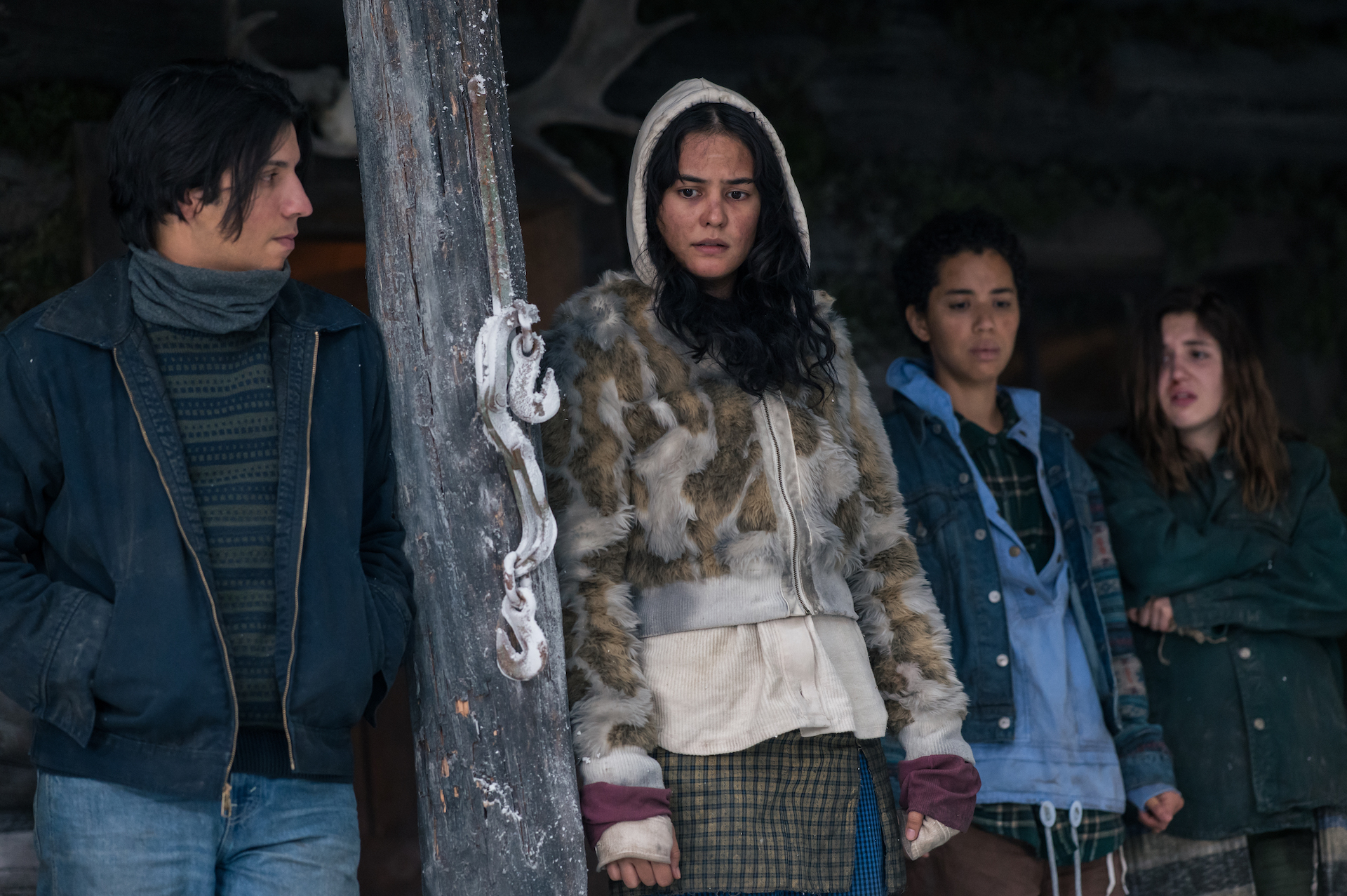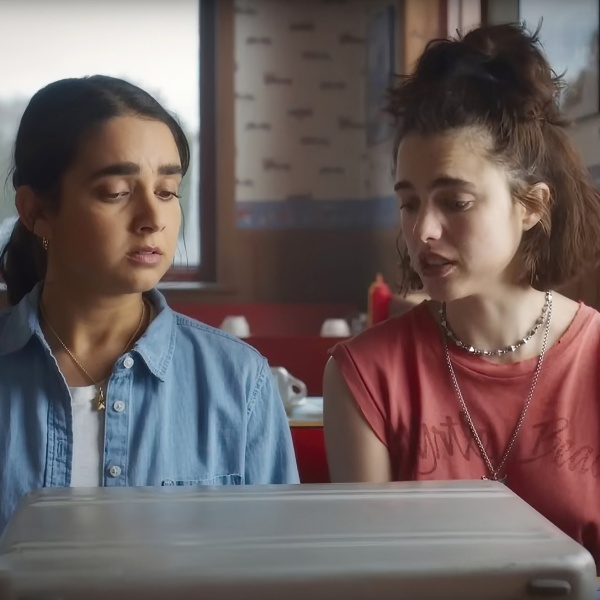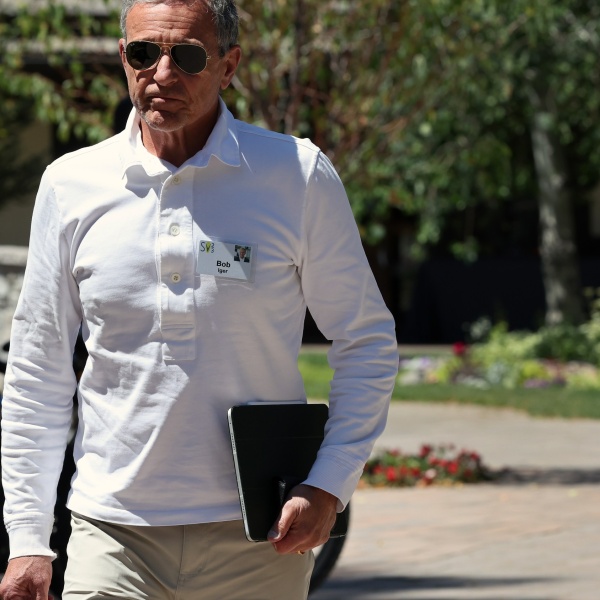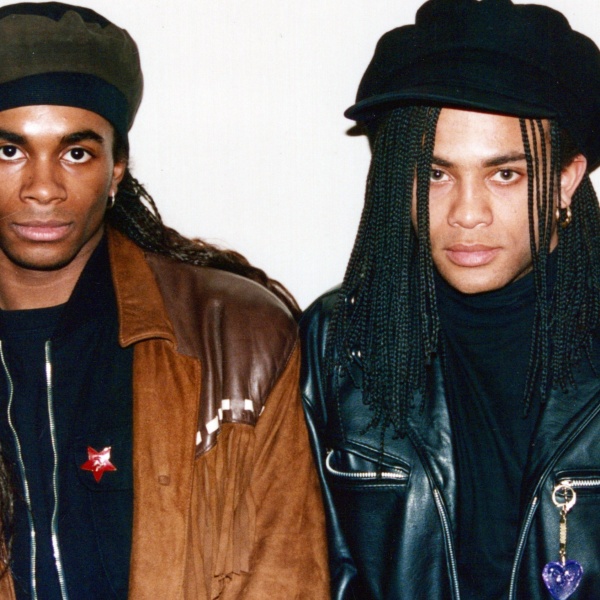No one should be surprised that Lionsgate announced the purchase of eOne‘s film and TV business for $500 million — we all knew that was coming — but it is totally reasonable to be confused.
Lionsgate, which is already trying to sell its own studio, gets nearly 6,500 titles in the deal, including ongoing series like “Yellowjackets,” “The Rookie,” and “Naked and Afraid.” There’s also library content like “1917,” “Atomic Blonde,” “Green Book,” “Grey’s Anatomy,” and “Criminal Minds.”
We don’t yet have the full list of what stays with Hasbro and what goes to Lionsgate, but we know unscripted competition series “Play-Doh Squished” is part of the transaction, and that Lionsgate gets the rights for an upcoming Monopoly movie. Kevin Hart was once set to star in the planned film adaptation of the generations-spanning board game; IndieWire did not immediately get an answer to our question about his current involvement.
Peppa Pig, PJ Masks, “Transformers: EarthSpark,” and “My Little Pony: Tell Your Tale” are not going to Lionsgate. Hasbro says it still has more than 30 projects in development, including new content out of the Transformers, GI Joe, Play-Doh, Dungeons & Dragons, and Magic: The Gathering franchises.
In a Thursday morning press release, Hasbro CEO Chris Cocks said his company will shift to “an asset-lite model for future live-action entertainment, relying on licensing and partnerships with select co-productions.” In other words: Keep the animation and rent out IP for live-action movies and television shows.
Cocks’ counterpart, Lionsgate CEO Jon Feltheimer, said the deal “checks off all the boxes” for him, saying it “adds a world-class library with thousands of properties, strengthens our scripted and unscripted television business, and continues to expand our presence in Canada and the UK.”
Global gains aside, Lionsgate is the same company trying to sell off its own studio and library — as it has been for quite some time. The original plan was to separate those assets from Starz and sell the streamer, but as it turns out nobody wants Starz. The real value is in the IP and archives, a lesson several major media companies are learning these days.
The eOne acquisition “continues to build our position as one of the world’s leading independent content platforms with a stockpile of great intellectual properties and a unique, non-replicable portfolio of assets,” Feltheimer said.
It’s true, this deal bolsters the very thing Lionsgate has tried to (unsuccessfully, so far) spin off and sell — but how does this move help? If there were limited buyers for Lionsgate, how many buyers are out there for Lionsgate plus eOne? Wouldn’t that theoretical company have acquired each individually, if that’s what it wanted?
We’re not the only ones asking those questions this morning. “Investors will need convincing,” the analyst team at bank Wells Fargo wrote in a Thursday note to clients. Clearly: At this writing, Lionsgate stock (LGF) is down about 3.5 percent, while Hasbro’s (HAS) is up the same amount.
The deal “arguably reduces the expected catalyst of a near-term buyer for [Lionsgate’s studio] unless they’re just as interested in the eOne content, potentially adding debt/leverage.” Quick negotiating lesson: You don’t want the debt, you want the leverage.

Last we checked, there was no buyer for Lionsgate looming. Should one emerge, the regulatory process from this purchase will delay that timeline. The eOne deal is expected to close by the end of 2023, the companies said on Thursday.
Management needs to “explain the deal’s attributes” to investors, Wells Fargo wrote. Feltheimer and his executive team will get that chance on Tuesday, when Lionsgate reports its April-to-June earnings and hosts a conference call for analysts and the media.
The Lionsgate-eOne deal is for $375 million in cash and the assumption of $125 million in debt. Hasbro will use the money to retire at least $400 million in floating-rate debt.






